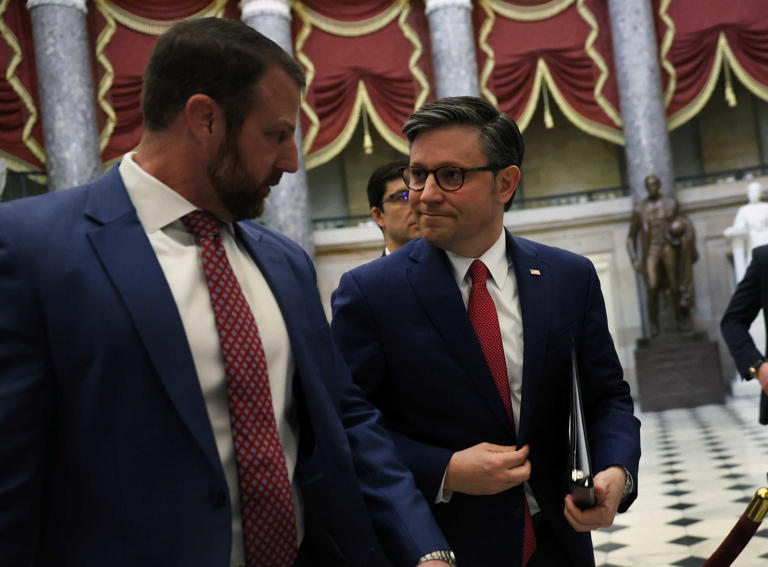The House passed a $79 billion tax cut package on Wednesday, garnering support for enhanced child tax credits and business tax breaks.
The legislation garnered support from a broad spectrum of lawmakers, with a vote of 357-70, signaling a potential breakthrough for a Congress that has struggled to push significant bills forward.
The tax cut package includes notable enhancements to the child tax credit, benefiting millions of lower-income families. Additionally, it provides three tax breaks for businesses, presenting a balanced approach that secured support from lawmakers on both sides.
The fate of the bill remains uncertain as it awaits Senate consideration, but the House’s success in passing the legislation is a noteworthy accomplishment. Speaker Mike Johnson, R-La., threw his support behind the bill, addressing concerns raised by GOP members, particularly regarding the expanded child tax credit.
While some Republicans were dissatisfied that the bill did not address the $10,000 cap on property taxes, Speaker Johnson committed to addressing this issue separately. The timing for such legislation, however, remains uncertain.
Speaker Johnson emphasized the importance of the bill moving through the House Ways and Means Committee, highlighting it as an example of Congress working as intended.
The bill is expected to end a “wasteful COVID-era program” by moving up the deadline for claiming the employee retention tax credit, offsetting the cost of the tax cuts.
House Republicans focused on restoring full, immediate deductions for business investments, arguing it would stimulate economic growth. Democrats, on the other hand, emphasized boosting the child tax credit.
The compromise bill incrementally raises the refundable portion of the credit, with estimates suggesting an average tax cut of $680 for eligible households in the first year.
Despite varying opinions within both parties, the bill received significant support, with proponents hoping the strong show of unity will encourage action in the Senate.
The legislation also addresses concerns related to the $2,500 income threshold for eligibility for refundable child tax credit payments.
Notably, the bill includes provisions to enhance a tax credit for the construction or rehabilitation of rental housing for lower-income households, potentially adding 200,000 housing units nationwide.
It also protects victims of natural disasters and the East Palestine, Ohio, train derailment from facing significant tax bills for compensation received.



